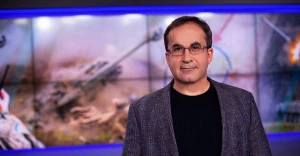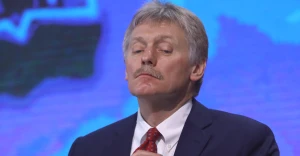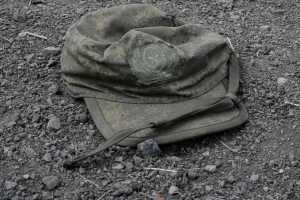
Why 2025 could be turning point for Ukraine’s foreign policy
The second half of 2025 could mark a breakthrough for Ukraine’s foreign policy, with shifts in European politics and U.S. actions shaping a more favorable global environment, experts suggest
The Resurgam Telegram channel writes about this.
The growing influence of U.S. isolationists like Elon Musk and J.D. Vance, along with Donald Trump’s renewed focus on Greenland, may unintentionally strengthen Ukraine’s position on the world stage. According to analysts, these developments will indirectly push Ukraine’s European partners closer to aligning with Kyiv.
Musk and Vance, seen as media advocates of U.S. isolationism, are reportedly supporting Germany’s pro-Moscow “Alternative for Germany” (AfD) party to maintain influence through a coalition government. Musk’s actions are not random, the analysis notes, but aim to sustain the de-escalation policy isolationists hoped Scholz would uphold.
At the same time, Trump’s revived pressure on Denmark over Greenland is likely to shift Danish priorities. To counter Trump’s ambitions, Denmark may focus on strengthening Europe’s security autonomy, the post argues. A strong Europe, built partly on Ukraine’s resilience, could become essential to Denmark’s strategy, particularly as it takes over the EU presidency in July 2025 — a crucial period for Ukraine.
Eastern European dynamics are also poised to shift. Slovak Prime Minister Robert Fico faces growing political instability, with budget-related legislation in September 2025 potentially forcing a confidence vote. Meanwhile, Hungarian Prime Minister Viktor Orbán enters a critical election year with rising domestic challenges and increased EU pressure. Both leaders, often seen as obstacles to Ukraine, are expected to be preoccupied with internal crises during this period.
With these geopolitical trends converging, the second half of 2025 could present Ukraine with its most advantageous foreign policy moment during the full-scale invasion. The factors are aligning to reduce the influence of Ukraine’s adversaries, the post concludes.
- News













































